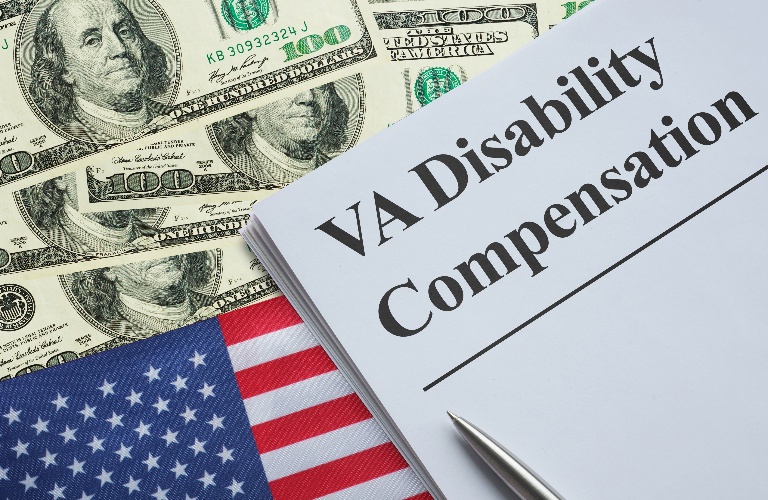
Serving our country is a heroic act, and the nation honors this through a system of benefits provided by the United States Department of Veterans Affairs (VA). However, navigating the complicated world of VA benefits can be challenging. Many veterans are not aware of all the compensation and support they are entitled to for service-related disabilities.
At Tabak Law, we firmly believe that knowledge is power, and we take great pride in helping veterans across the country understand and secure the benefits that they deserve for their service. We want to share some of the most important VA disability benefits that every veteran should be aware of.
1. VA Disability Compensation
This is the most significant benefit for veterans. VA disability compensation is a monthly payment that is tax-free and is provided to veterans who become sick or injured while serving in the military. This benefit is also available to veterans whose pre-existing conditions are made worse by their military service.
The key is establishing a “service connection”. This means providing medical evidence that links your current disability to an event, injury, or illness that occurred while you were serving in the military. The amount of compensation will depend on your disability rating, which is determined by the VA on a scale of 10% to 100%, based on the severity of your condition.
2. TDIU (Total Disability Individual Unemployability)
What if your service-related conditions prevent you from finding and maintaining significant employment, despite your combined disability rating not reflecting this reality? In such cases, TDIU or Total Disability Individual Unemployability can be crucial.
The TDIU (Total Disability Insurance Unit) program allows the VA (Veterans Administration) to pay veterans at 100% of their disability rate, even if their combined schedule rating is lower. This is because service-connected disabilities prevent veterans from securing or pursuing gainful employment.
This benefit is vital for veterans who are unable to work, despite their schedule rating not being 100%. The criteria for eligibility are outlined in VA regulations regarding the TDIU.
3. Special Monthly Compensation (SMC)
Special Monthly Compensation (SMC) is a tax-free benefit that can be provided to veterans, their spouses, surviving spouses or parents with special circumstances beyond the standard disability rating. This includes those who have lost the use of a limb, have severe disabilities or require assistance from another person.
For example, a veteran who is unable to move around or needs daily assistance with basic needs may be eligible for the highest level of SMC. This benefit recognizes that some disabilities require more financial support than the standard compensation schedule.
4. Dependency and Indemnity Compensation (DIC) for Survivors
VA benefits are not just for veterans. The Dependency and Indemnity Compensation (DIC) is a tax-free monthly benefit paid to eligible family members of a veteran who died as a result of a service-related injury or illness. In some cases, this benefit may also be available if the veteran was completely disabled from a condition related to their service for a period of time immediately before their death.
This benefit provides crucial financial assistance to surviving spouses, children and dependent parents of deceased veterans. It is important for families to understand the eligibility requirements in order to receive assistance they are entitled to.
5. Free VA Health Care and Other Services

A service-connected disability rating often provides you with priority access to the VA’s comprehensive health care system, which includes hospital and outpatient care, preventive care, diagnostic services, and surgical procedures. In addition to general health care, the Veterans Affairs (VA) provides specialized services for veterans with service-related disabilities. These services include:
- Mental health care: Priority access to treatment for any mental health conditions related to military service, such as post-traumatic stress disorder (PTSD), depression, and anxiety.
- Prosthetics and sensory aids: If your service-related condition requires a prosthetic limb, wheelchair, or other assistive device, the VA can provide them.
- Caregiver support: Programs like the Program of Comprehensive Assistance for Family Caregivers offer resources, financial assistance, and health insurance for family members who provide care for eligible veterans.
You Don’t Have to Navigate This Alone
While these veteran benefits were created to show our appreciation for your service, the VA process is not always easy. Claims can be wrongfully denied or underestimated, leading to a lengthy and difficult appeals process. However, you don’t have to face this alone.
If you have been denied VA disability benefits or think you are not getting everything you are entitled to, do not wait. For a free consultation, contact us today. Tabak Law serves veterans in Wisconsin and partners with a national network of accredited professionals to help you wherever you are located.
